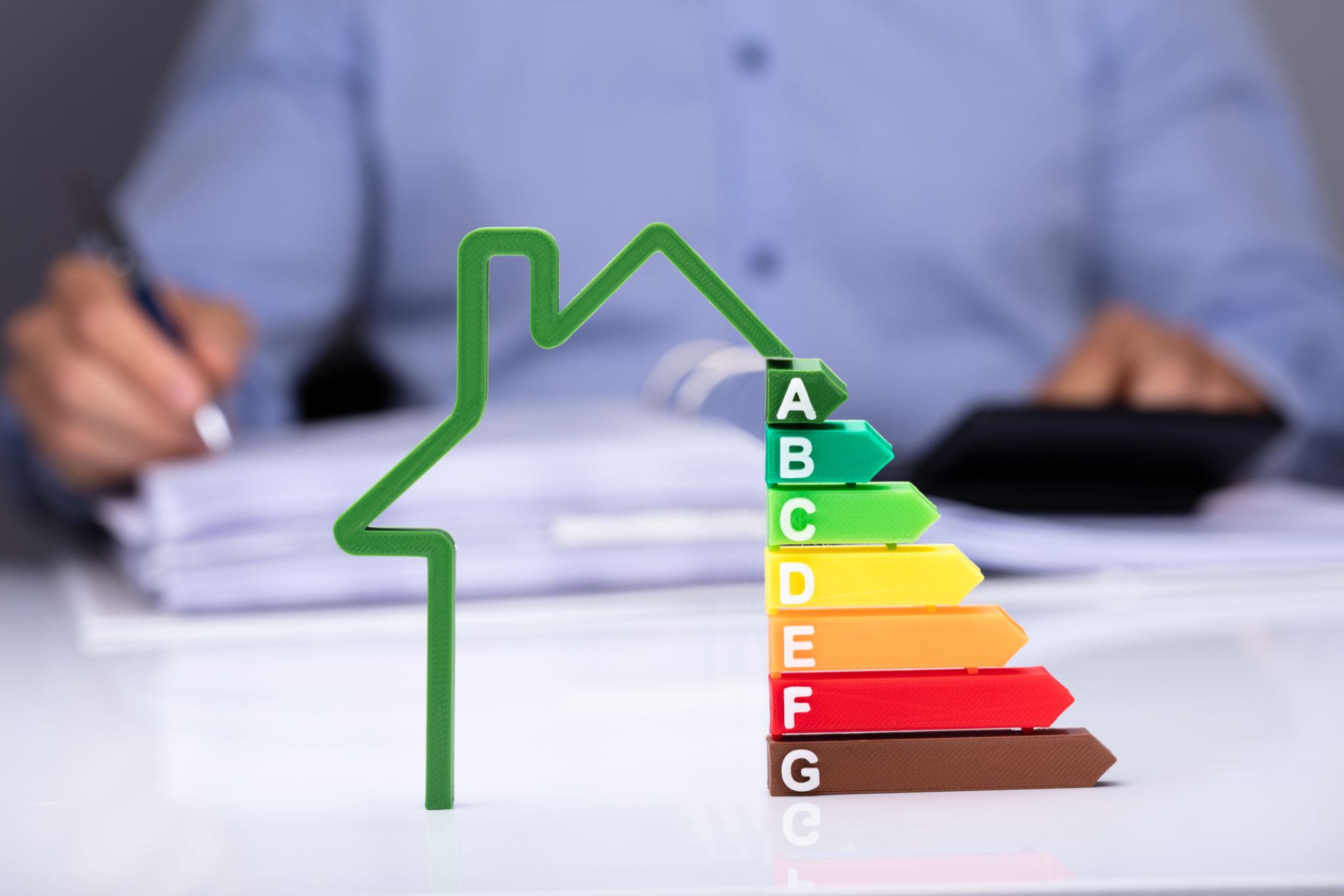The Ultimate Guide to Residential Energy Audits in PA: Boosting Home Efficiency
Understanding Residential Energy Audits
Residential energy audits are essential for homeowners looking to improve the energy efficiency of their homes. These audits help identify areas where energy is being wasted and provide actionable recommendations to reduce consumption. In Pennsylvania (PA), energy audits can lead to significant savings on utility bills and make your home more comfortable.

What is a Residential Energy Audit?
A residential energy audit is a comprehensive assessment of your home's energy use. During an audit, a certified professional examines your home to identify inefficiencies and suggests improvements. This process includes checking for leaks, inspecting insulation, and evaluating heating and cooling systems. The goal is to pinpoint areas where energy is lost and recommend cost-effective solutions.
Benefits of Conducting an Energy Audit
Conducting an energy audit offers numerous benefits. First and foremost, it helps you save money on energy bills by identifying and fixing inefficiencies. Additionally, it enhances the comfort of your home by ensuring consistent temperatures and reducing drafts. Moreover, energy audits contribute to environmental conservation by lowering your carbon footprint.

Steps Involved in a Residential Energy Audit
Understanding the steps involved in a residential energy audit can help you prepare for the process. Here are the typical steps:
- Initial Consultation: The auditor will discuss your energy concerns and gather information about your home.
- Exterior Inspection: The auditor examines the outside of your home to identify potential issues like cracks or gaps.
- Interior Inspection: The auditor checks insulation, windows, and doors for leaks and drafts.
- Appliance Inspection: The efficiency of heating, cooling, and other appliances is evaluated.
- Blower Door Test: This test measures the air tightness of your home.
- Report and Recommendations: A detailed report with findings and recommendations is provided.
Choosing a Qualified Energy Auditor
Selecting a qualified energy auditor is crucial for a thorough and accurate assessment. Look for professionals certified by reputable organizations such as the Building Performance Institute (BPI) or the Residential Energy Services Network (RESNET). Additionally, check reviews and ask for references to ensure the auditor has a solid track record.

Implementing Audit Recommendations
After receiving the audit report, the next step is to implement the recommended improvements. Some common suggestions may include sealing leaks, adding insulation, upgrading to energy-efficient windows, and replacing outdated appliances. Prioritize improvements based on their potential impact on energy savings and your budget.
Financial Incentives and Rebates
Pennsylvania offers various financial incentives and rebates to encourage homeowners to make energy-efficient upgrades. Programs like the Pennsylvania Home Energy Efficiency Rebate Program provide financial assistance for improvements such as insulation, HVAC upgrades, and energy-efficient windows. Check with local utility companies and state programs to maximize your savings.
Maintaining Energy Efficiency
Maintaining energy efficiency is an ongoing process. Regularly check for new leaks, ensure appliances are functioning optimally, and stay updated on the latest energy-saving technologies. Periodic energy audits can help you stay on top of any new issues and maintain a high level of efficiency in your home.

In conclusion, residential energy audits are a valuable tool for homeowners in PA looking to boost their home's efficiency. By understanding the process, choosing a qualified auditor, implementing recommendations, and taking advantage of financial incentives, you can enjoy a more comfortable, cost-effective, and environmentally friendly home.